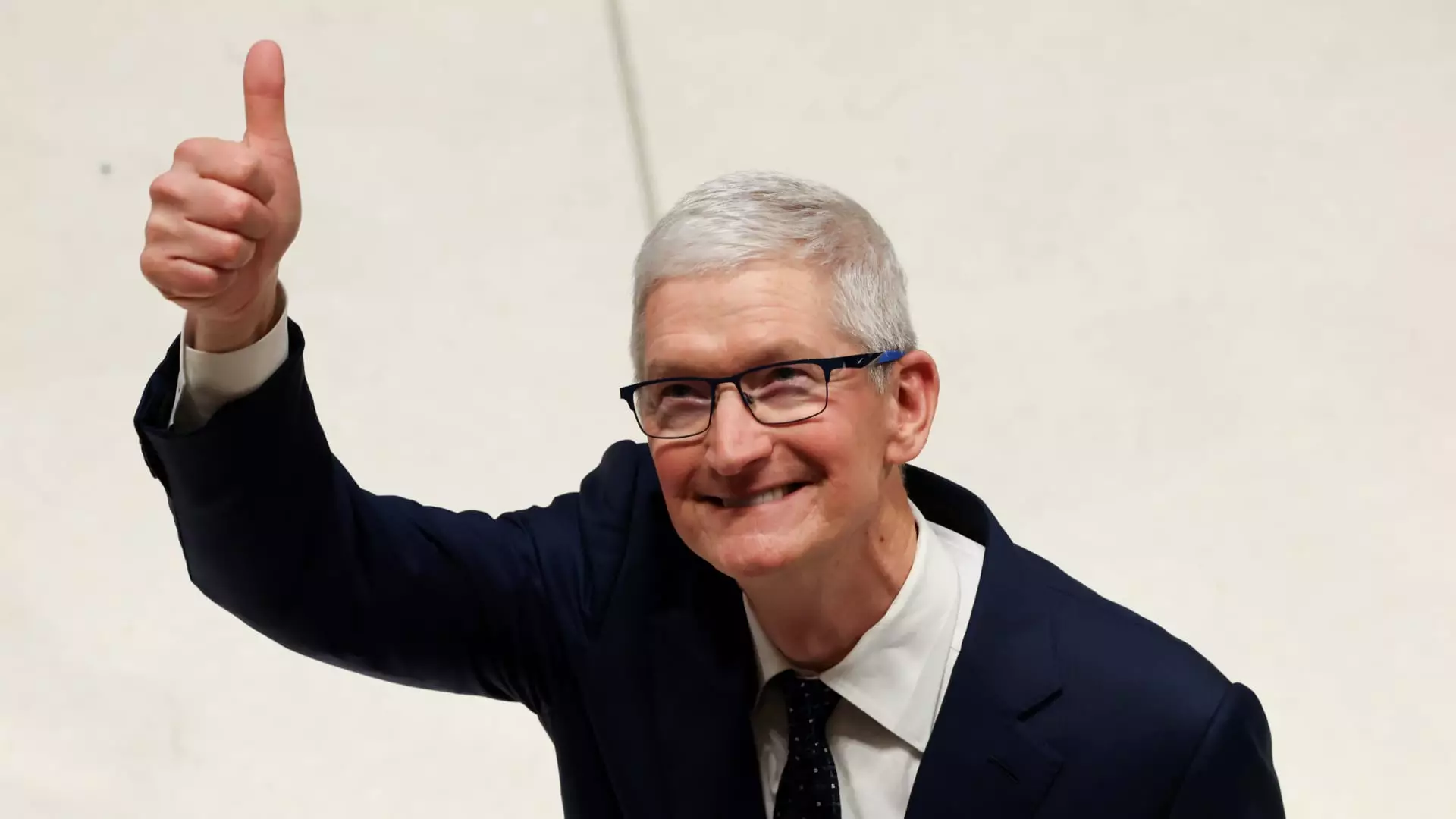The recent decision by the U.K. Investigatory Powers Tribunal to make public the details of Apple’s legal battle against government pressure for a data “backdoor” represents a significant victory for transparency and user privacy. This ruling does not merely bear implications for Apple and its iPhone users; it also raises fundamental questions about the balance between national security imperatives and individual rights to privacy. The government’s attempt to keep the details of the hearings confidential under the guise of protecting national security highlights a pervasive tendency among authorities to hide behind secrecy when addressing controversial issues.
Judges Rabinder Singh and Jeremy Johnson noted that such a response would undermine the foundational principle of open justice, a concept that cannot be overlooked in a democratic society. If heard entirely in secrecy, the optics of the case would reflect a frighteningly authoritarian approach to governance, leading to the erosion of rights that citizens are entitled to expect. The potential for governmental overreach in the name of security poses a stark warning to privacy advocates and tech companies alike.
Backdoors: A Recipe for Disaster?
At the heart of the conflict lies the controversial request from the U.K. government for Apple to create a method that would allow officials to circumvent encryption—a so-called “backdoor.” Proponents of such access argue that it is essential for national security; however, the logic falls apart on closer scrutiny. The introduction of backdoors into encryption systems sets a dangerous precedent. Once compromised, it not only serves as an entry point for government agencies but also raises the risk of exploitation by malicious actors, including hackers and other criminals.
Apple’s response has been resolute, emphasizing that creating such backdoors would fundamentally undermine their longstanding commitment to user privacy and data protection. The tech giant firmly asserts that it has never built, and will never build, a backdoor or master key to any of its services. By taking this stand, Apple not only reinforces its image as a champion of privacy but also sends an important message to the industry: prioritizing user safety over government mandates is paramount.
Moreover, the ramifications of succumbing to governmental pressure are multi-faceted. The withdrawal of Apple’s Advanced Data Protection (ADP) system from the U.K. earlier this year serves as a stark reminder that capitulating to security demands could lead to diminished services for users, detrimental in an age where data breaches are increasingly rampant.
Global Implications and Industry Response
The implications of the U.K. ruling extend beyond Apple’s specific case. Nations worldwide, including the U.S. and several EU states, have grappled with similar debates regarding encryption policies. The ongoing dissatisfaction expressed by these governments towards end-to-end encryption reflects a wider challenge: finding a solution that balances security needs with the safeguarding of civil liberties. The U.K. Investigatory Powers Act of 2016, which empowers the government to compel tech companies to modify their encryption strategies, illustrates an aggressive stance that could serve as a template for other nations to follow.
From an industry perspective, Apple’s resistance sets an important precedent for tech giants faced with similar governmental pressures. It champions the notion that ethical responsibilities toward consumer privacy must take precedence over compliance with potentially invasive governmental overreach. However, firms must also weigh the risk of regulatory backlash against the moral imperative to uphold user privacy.
Furthermore, public sentiment towards privacy is steadily evolving, with consumers increasingly favoring companies that prioritize data protection. This shift places immense pressure on businesses to adopt robust security measures and adhere to responsible practices when interfacing with governments. Engaging in transparent dialogue about privacy and security policies is crucial for tech companies that wish to maintain consumer trust, especially in a climate of legislative scrutiny.
Looking Ahead: The Future of Digital Privacy
As debates surrounding data privacy and encryption weather unprecedented scrutiny, the continuing tug-of-war between government control and individual freedoms remains inevitable. The U.K. tribunal’s recent ruling serves as a beacon of hope for advocates fighting against encroachments into personal privacy, emphasizing the need to confront difficult conversations regarding security policies with vigor and integrity.
The challenge ahead for Apple—and indeed for many tech companies—is navigating a landscape marked by competing interests. The ongoing struggle reflects a critical juncture in the evolution of digital privacy norms as society collectively grapples with the implications of technology on our personal liberties. In a world where data is currency, the commitment to uphold user privacy is not merely a corporate responsibility; it is a societal obligation.


Leave a Reply